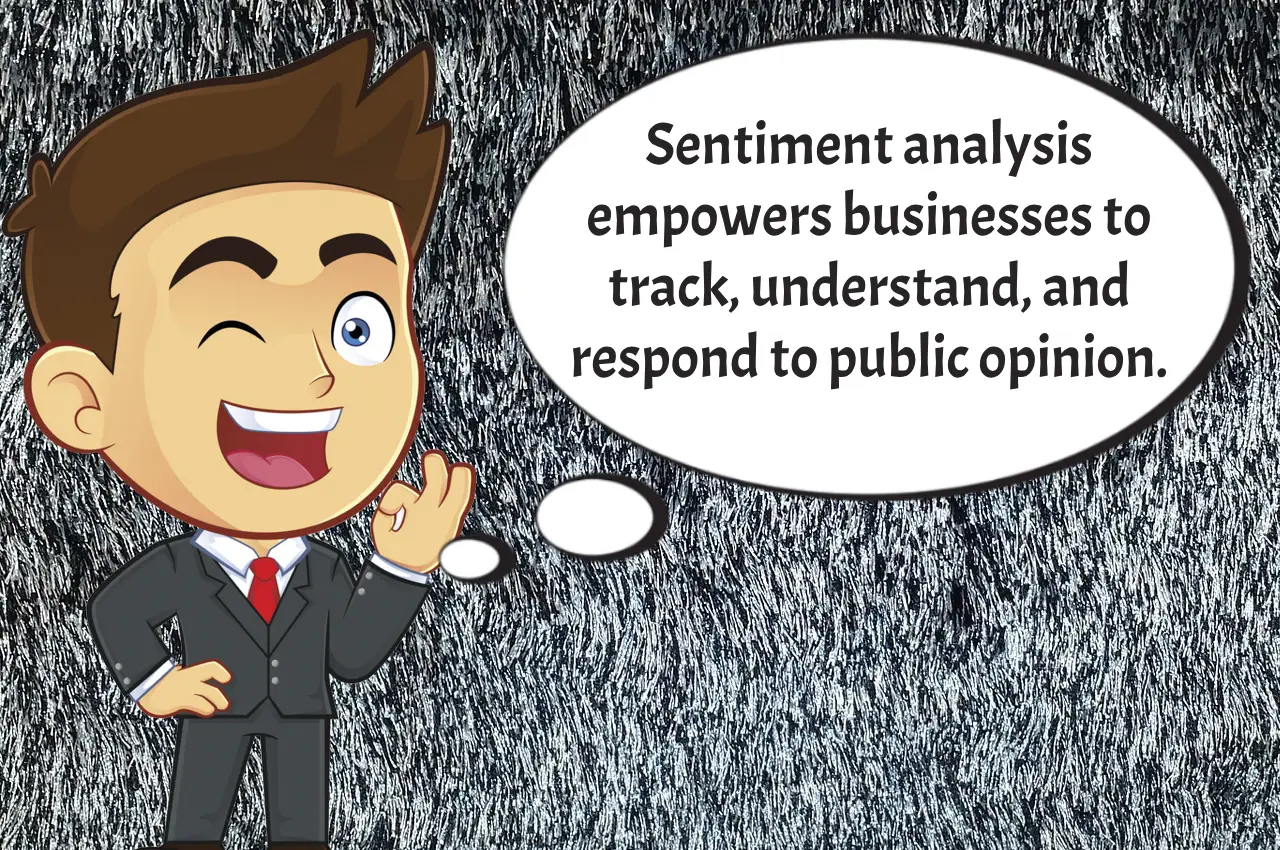In a world teeming with products and services, understanding what truly drives consumers is more crucial than ever. While demographics have long been the bedrock of market research, they only provide a surface-level understanding. This is where psychographic research steps in, offering a deeper, more nuanced understanding of consumer behavior.
The Heart of Psychographic Research
Psychographics goes beyond simple demographics by delving into the psychological aspects of consumer behavior. It explores the terrain of personal values, beliefs, attitudes, interests, and lifestyles. This approach not only tells us who the consumers are but also sheds light on their intrinsic motivations.
Revolutionizing Marketing with Psychographic Insights
Consider the example of a travel agency. Demographics might indicate their target market is middle-aged professionals. However, psychographics reveals that this group seeks adventure, cultural immersion, and off-the-beaten-path experiences. This knowledge enables the agency to tailor its offerings and marketing messages accordingly, resonating more deeply with potential customers.
Implementing Psychographic Research: A Step-by-Step Guide
Data Gathering: Utilize surveys, focus groups, and social media listening tools to collect data.
In-Depth Analysis: Identify patterns and themes within the collected data.
Consumer Segmentation: Group your audience based on their psychographic profiles.
Tailored Strategies: Develop marketing and product strategies that align with each segment’s unique preferences and values.
Real-World Applications and Successes
A notable example is a health food company that identified a segment of their market as environmentally conscious and health-oriented. By focusing on organic, sustainable products and eco-friendly packaging, they successfully captured this segment’s attention and loyalty.
Leveraging Technology in Psychographic Analysis
Modern technology, especially AI and machine learning, plays a significant role in psychographic research. These technologies can analyze vast amounts of data from social media, online forums, and customer feedback, providing real-time insights into consumer psychographics.
Navigating Challenges and Ethics
While psychographic research is powerful, it comes with challenges. The depth of personal information required raises privacy and ethical concerns. Companies must navigate these waters carefully, prioritizing consumer consent and transparency.
The Future of Psychographic Research
The future of psychographic research is dynamic and exciting. Advances in AI and machine learning will likely make real-time psychographic analysis a reality, allowing for more agile and responsive marketing strategies.
The Transformative Power of Psychographics
Psychographic research offers a window into the soul of the consumer market. It equips businesses with the insights needed to connect more meaningfully with their audience. By embracing this approach, companies can build stronger, more personal connections with their customers.
Have you experienced the impact of psychographic research in your business or as a consumer? Share your insights and join the conversation below. Let’s explore the transformative power of understanding consumer behavior on a deeper level!





